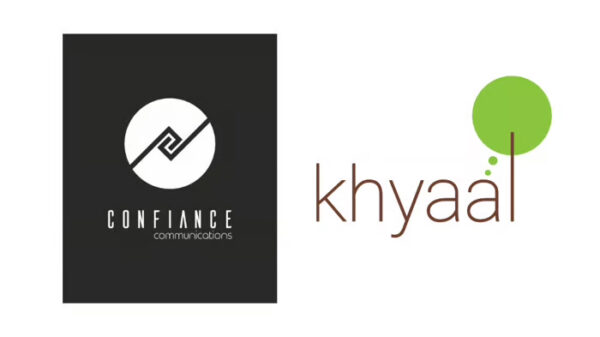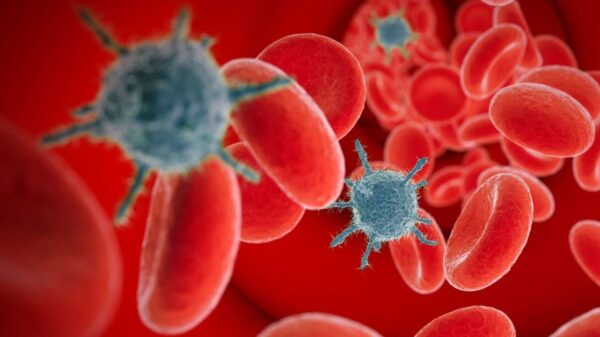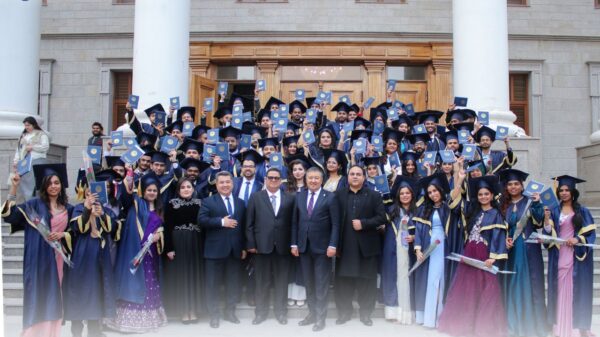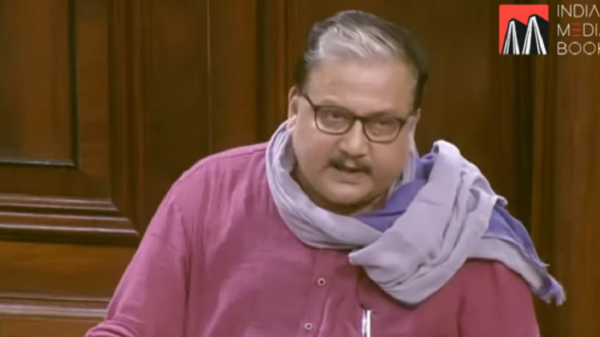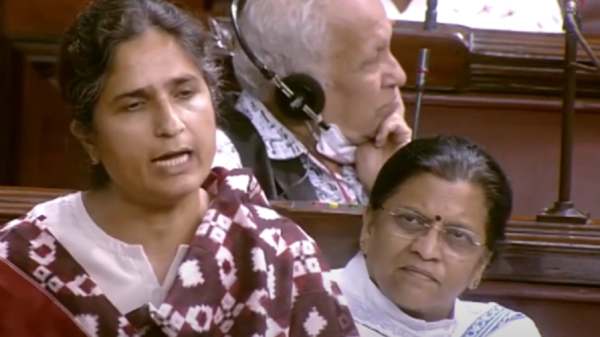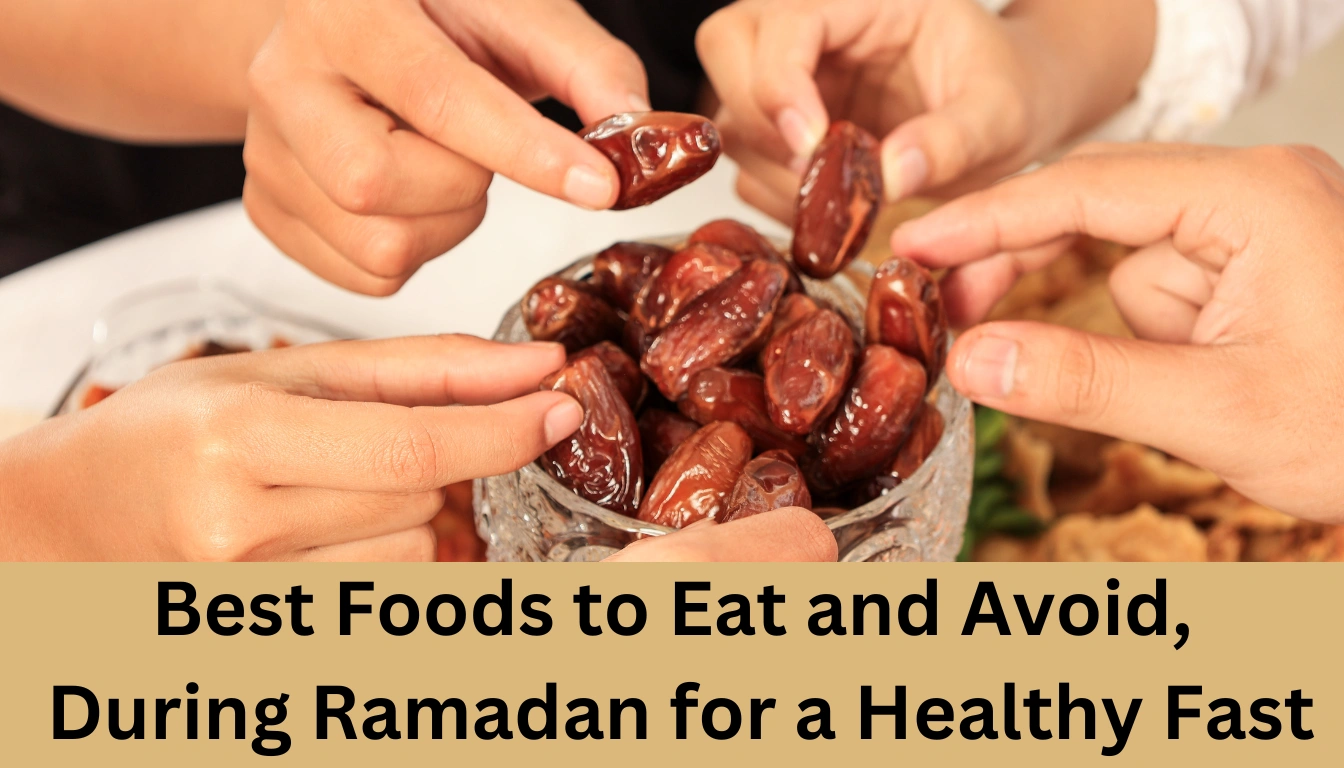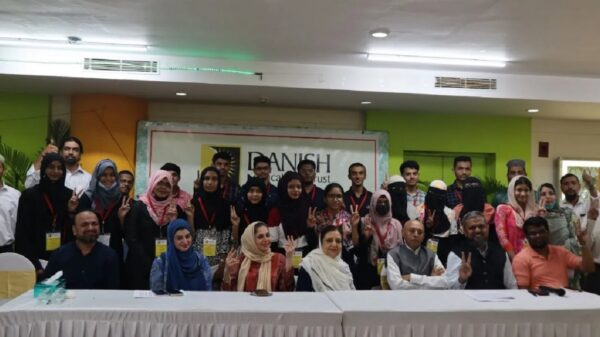Here are some foods to eat and avoid during Ramadam.
When preparing for a day of fasting, it is essential to consume nourishing foods that will provide sustained energy, hydration, and necessary nutrients. Here’s a guide to what you should eat and avoid during Sehri:
Foods to Eat:
- Dates: Following the tradition of breaking fast with dates in Ramadan, they can also be consumed during Sehri. Dates are an excellent source of energy, vitamins, and minerals, and help in maintaining hydration.
- Dry Fruits and Sprouted Lentil Salad: These foods are packed with nutrients that boost energy levels and help reduce dehydration during the fast.
- Oats with Milk: Rich in fiber, oats can keep you full for a long time, while milk provides essential nutrients like calcium and protein for maintaining strength and hydration.
- Protein-rich Foods: Foods like eggs are high in protein, which helps you stay full for longer and provides essential nutrients for body repair and maintenance.
- Fiber-rich Foods: Oatmeal and other fiber-rich foods slow down digestion, helping lower cholesterol and blood glucose levels, keeping you energized and full throughout the fast.
- Calcium and Vitamin-rich Foods: Dairy products such as yogurt smoothies or milkshakes are great for providing calcium, vitamins, and protein. These also help keep you full and hydrated throughout the day.
Foods to Avoid:
- Spicy Foods: Dishes containing chillies or those fried in ghee can increase thirst and may cause discomfort by creating a burning sensation in the stomach.
- Unseasonal Fruits and Vegetables: These can sometimes lead to digestive issues and may increase the risk of feeling unwell.
- Fried Foods: Fried items like samosas can cause extreme thirst and dry out the throat, making fasting more uncomfortable.
- Salty Foods: Foods high in salt, such as instant noodles, processed cheese, or sausages, contribute to excessive thirst and dehydration during the fast.
- Caffeinated Drinks: Coffee and tea may lead to dehydration and cause spikes in blood sugar, resulting in fatigue and hunger later in the day.
- Simple or Refined Carbohydrates: Pastries, donuts, and croissants may satisfy hunger for a short period but lack essential nutrients and cause a quick energy crash, making it harder to maintain energy levels during the fast.
By focusing on wholesome, nutrient-rich foods and avoiding those that cause dehydration and fatigue, you can prepare your body for a smoother and more comfortable day of fasting.
















